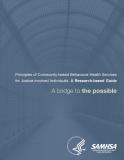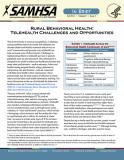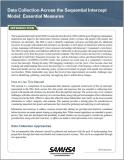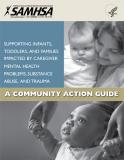
This guide provides information and practices that behavioral health providers can implement in their daily practice with patients or clients who are involved in the criminal justice system.
Units per Product
Download
The Principles
File Type: PDF
File Size: 7.73 MB







